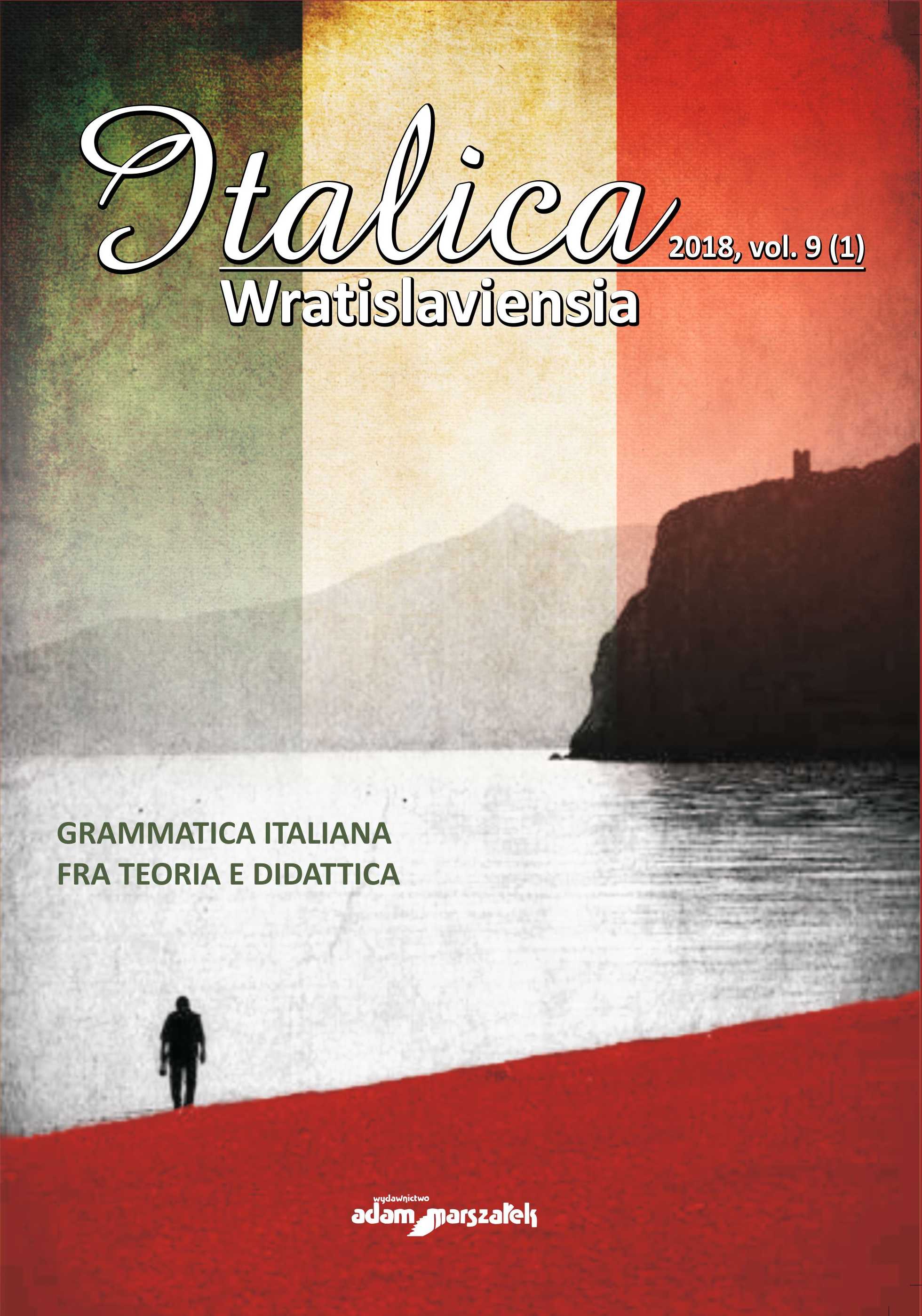La necessità di distinguere la perfettività dalla risultatività per comprendere il funzionamento dei tempi verbali italiani e polacchi
The Necessity to Distinguish Perfectivity from Resultativity in Order to Understand the Usage of Italian and Polish Tenses
Author(s): Małgorzata NowakowskaSubject(s): Theoretical Linguistics, Applied Linguistics
Published by: Wydawnictwo Adam Marszałek
Keywords: perfectivity; imperfectivity; resultativity; Italian; Polish
Summary/Abstract: In this article, following a critical examination of some Italian academic grammars, a new systematisation of the verbal systems of Italian and Polish is proposed. In Italian, resultativity is a principal aspectual meaning, which can be seen in Italian verbal morphology. Compound tenses have grammaticalised the resultative meaning, whereas simple tenses have grammaticalised the lack of it, that is, they denote situations without any outcome. The author of the article proposes to separate this strongly grammaticalised opposition from the opposition of perfectivity vs imperfectivity, for which Italian does not have special grams. In this case, Italian uses two past tenses: the passato remoto with perfective meaning and the imperfetto with imperfective meaning. In Italian, it is not possible to express these opposite meanings in the future. This conception of the Italian verbal system is complicated by the coexistence of two past tenses used in narrating, i.e., the passato remoto and the passato prossimo. In fact, they are not duplicates because they belong to two complementary systems. Unlike Italian, Polish has grammaticalised the opposition between perfectivity and imperfectivity, which means that it uses specialised grams conveying one of these two aspect meanings. This opposition is morphologically marked in future and past tenses and in non-finite forms of verbs. Besides, imperfective Polish verbs are used to indicate a past or future situation without giving information about its end or its continuation, a usage that is impossible with the Italian imperfetto tense. Polish, unlike Italian, does not have any grams conveying the result meaning; instead, it uses past-tense forms, as only this tense can indicate how the past action implies the lasting present state.
Journal: Italica Wratislaviensia
- Issue Year: 9/2018
- Issue No: 1
- Page Range: 159-183
- Page Count: 25
- Language: Italian

